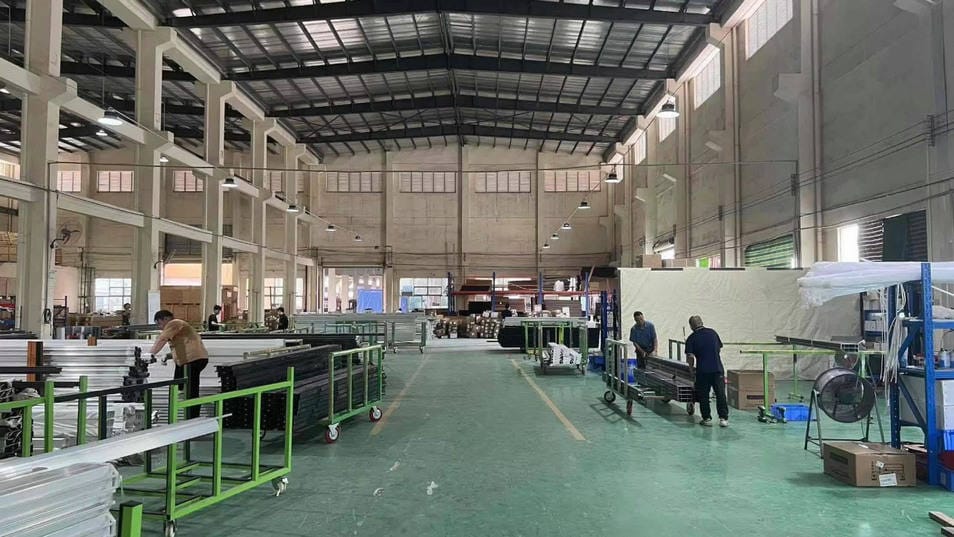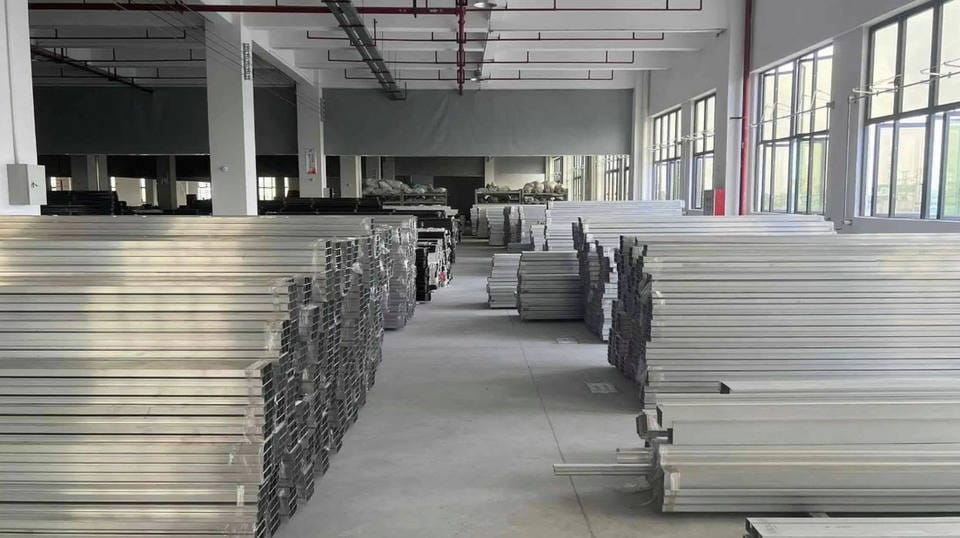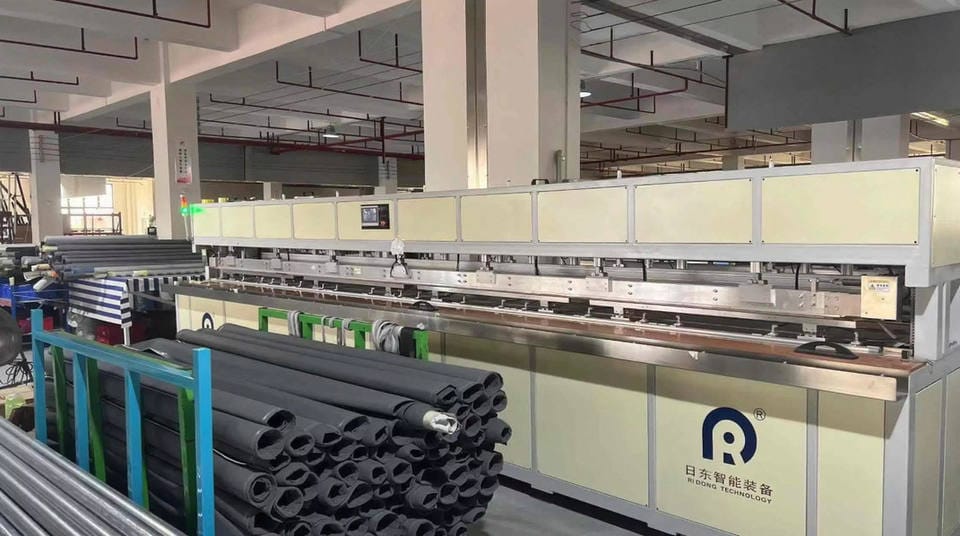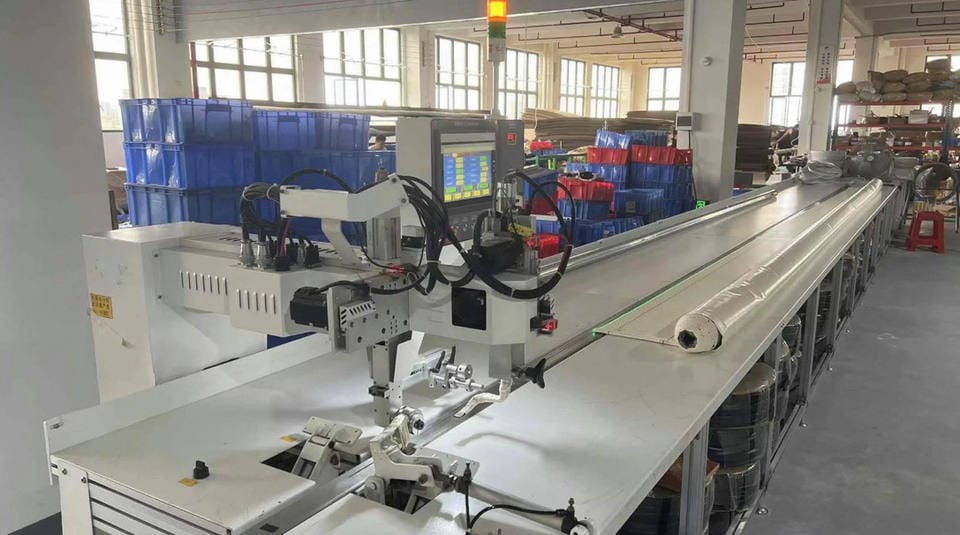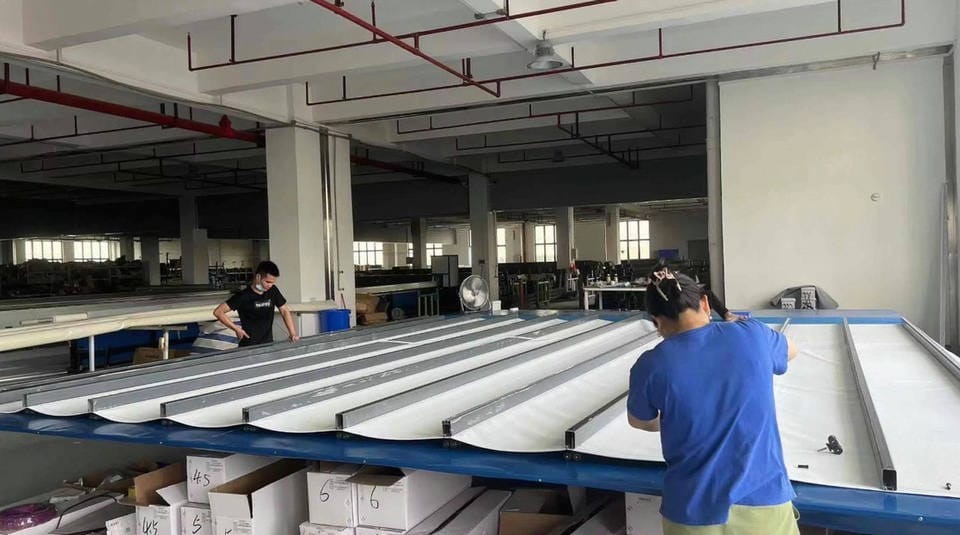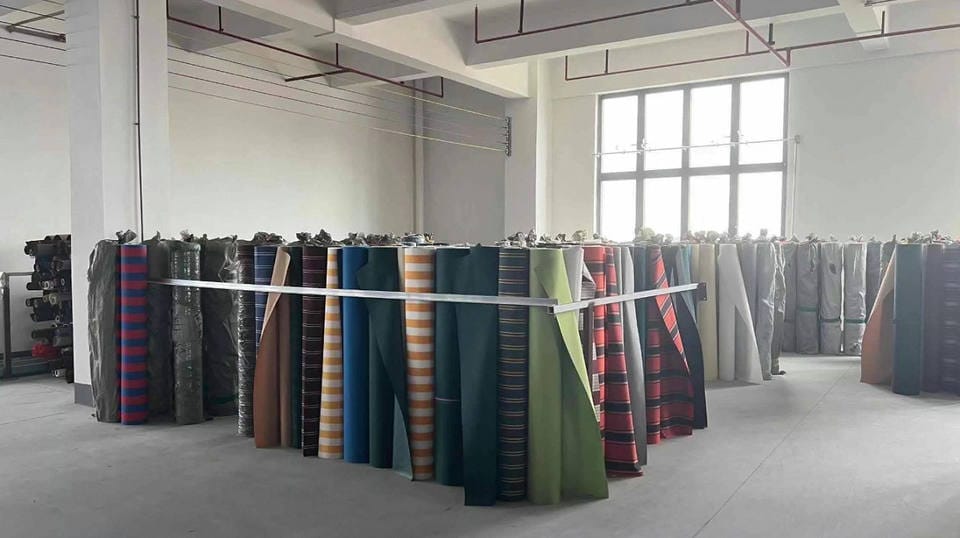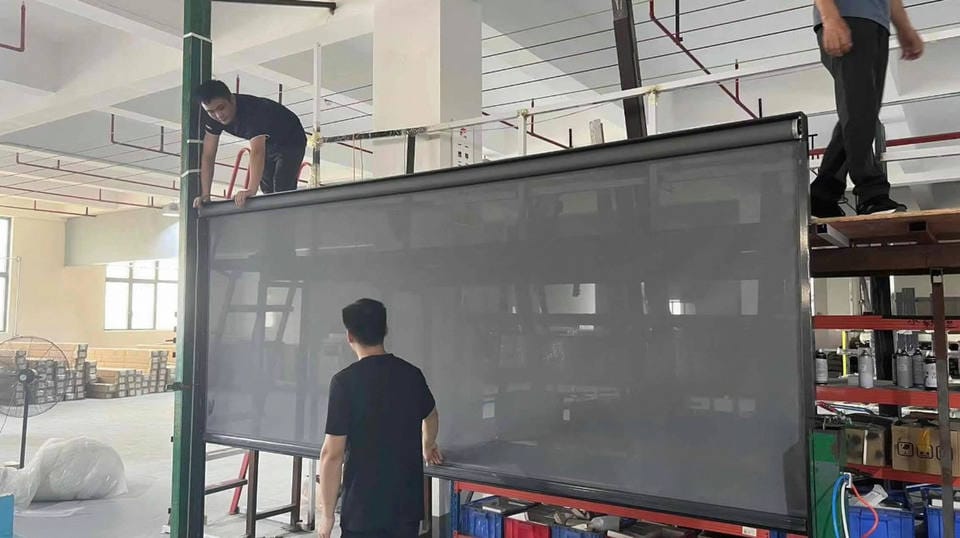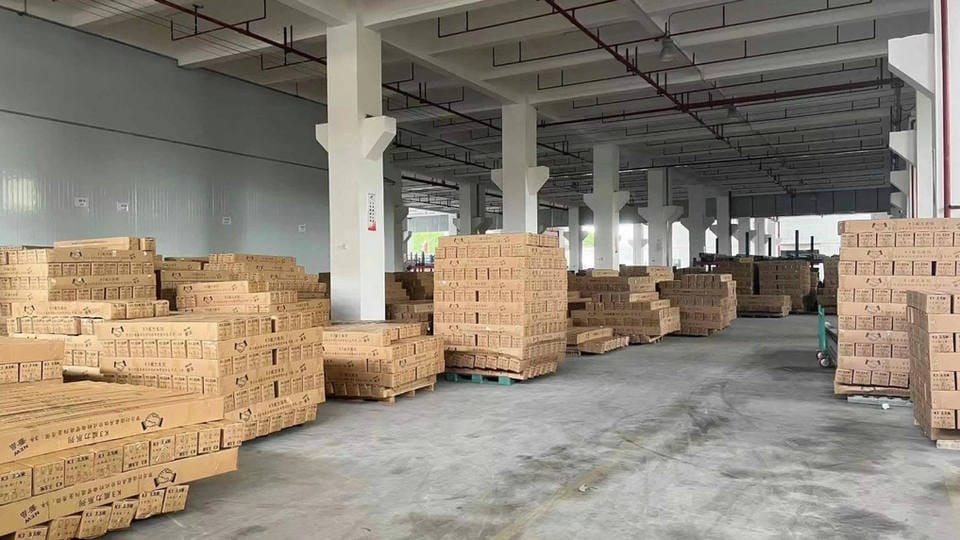Pivot doors come in a wide range of materials and styles, giving homeowners flexibility to match their personal taste, budget, and architectural setting. The right choice depends not only on aesthetic appeal but also on durability, maintenance, and cost. Below is a detailed breakdown of the most popular types.
1. Wood Pivot Doors
Wood is the most traditional yet timeless option for pivot doors. It brings natural warmth and character that instantly enhances a home’s curb appeal.
Materials Used:
Common choices include oak, walnut, mahogany, and teak, all valued for their strength and rich tones.
Design Versatility:
Wood pivot doors can range from sleek, modern slabs with smooth finishes to more traditional designs with paneling or carvings.
Pros:
- Timeless and elegant appearance.
- Can be stained or painted to suit any design.
- Adds a touch of luxury and natural beauty.
Cons:
- Requires regular maintenance to prevent warping, especially in humid or wet climates.
- Generally more expensive than basic steel or aluminum options.
| Feature | Details |
|---|---|
| Material Options | Oak, Walnut, Mahogany, Teak |
| Design Flexibility | Modern slabs, traditional panels, wood-glass hybrids |
| Pros | Elegant, customizable, luxurious natural finish |
| Cons | Requires maintenance, more expensive than basic metals |
| Best Fit | U.S. homeowners seeking a classic yet upscale look |
Best Fit: Ideal for U.S. homeowners who want a warm, classic, yet upscale look that blends modern functionality with traditional richness.
2. Glass Pivot Doors
Glass pivot doors are all about light, openness, and modern sophistication. They are especially popular in homes where natural light and visibility are priorities.
Glass Options:
Clear glass for transparency, frosted glass for privacy, or tinted glass for a stylish twist.
Frame Pairings:
Typically framed with aluminum or steel to ensure durability and stability.
Pros:
- Brightens interiors with natural daylight.
- Creates a seamless transition between indoor and outdoor spaces.
- Makes entryways look larger and more welcoming.
Cons:
- Requires frequent cleaning to keep the surface clear.
- May need reinforced or laminated glass for safety and insulation.
Glass Pivot Doors at a Glance
| Feature | Details |
|---|---|
| Glass Options | Clear, Frosted, Tinted |
| Frame Pairings | Aluminum or Steel |
| Pros | Brightens interiors, seamless indoor-outdoor flow, makes spaces feel larger |
| Cons | Requires frequent cleaning, may need reinforced or laminated glass |
| Best Fit | Modern U.S. homes prioritizing light, openness, and sleek design |
Best Fit: Perfect for modern American homes with open floor plans, beach houses, or city condos where maximizing natural light is essential.
3. Steel and Aluminum Pivot Doors
For homeowners who want durability and security, metal pivot doors stand out as a top choice.
Steel:
Offers exceptional strength and security. Often powder-coated for rust resistance.
Aluminum:
Lighter than steel, resistant to warping, and ideal for sleek, minimalistic styles.
Pros:
- Extremely durable and low-maintenance.
- Provide a bold, industrial or minimalist aesthetic.
- More resistant to environmental damage than wood.
Cons:
- Can feel cold or stark in traditional settings.
- Premium metal finishes increase costs.
Best Fit: Great for urban homes, luxury lofts, and modern builds where a sleek, industrial style complements the architecture.
4. Composite or Mixed Material Pivot Doors
Composite doors combine the best of multiple materials, giving homeowners both flexibility and performance.
Common Combinations:
Wood with glass inserts, steel with decorative panels, or aluminum frames with frosted glass.
Customization:
Highly customizable to match unique design preferences.
Pros:
- Allows creative, one-of-a-kind designs.
- Balances aesthetics with durability.
- Can be engineered for better insulation and weather resistance.
Cons:
- Typically more expensive due to custom design work.
- Complex construction may increase lead times.
Best Fit: Ideal for U.S. luxury homes or custom builds where homeowners want to create a signature entrance that is both bold and functional.
Summary
- Wood: Warm, traditional, elegant, but needs care.
- Glass: Modern, light-filled, stylish, but requires cleaning and reinforcement.
- Steel/Aluminum: Strong, secure, industrial, but less cozy.
- Composite: Custom, versatile, premium, but higher cost.
When choosing the right pivot door, consider not only style but also how much maintenance, budget, and durability matter for your home.

